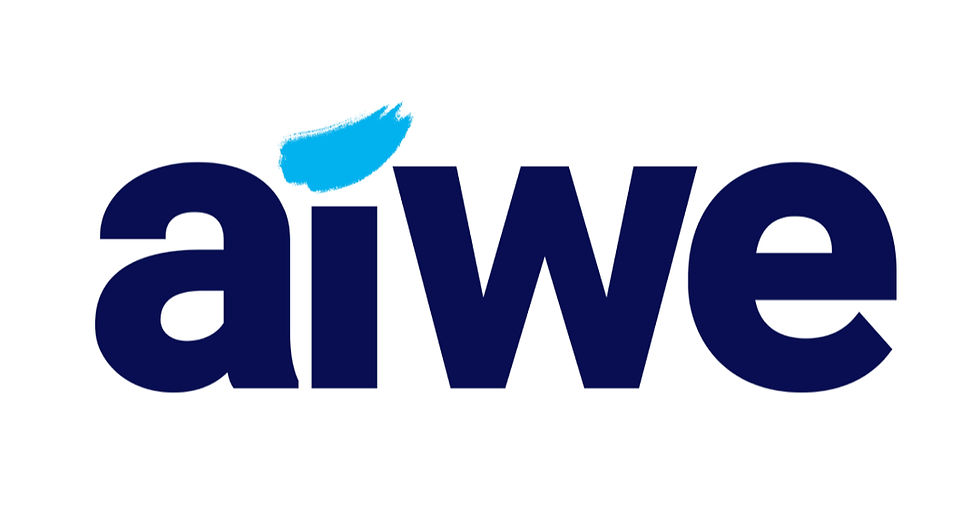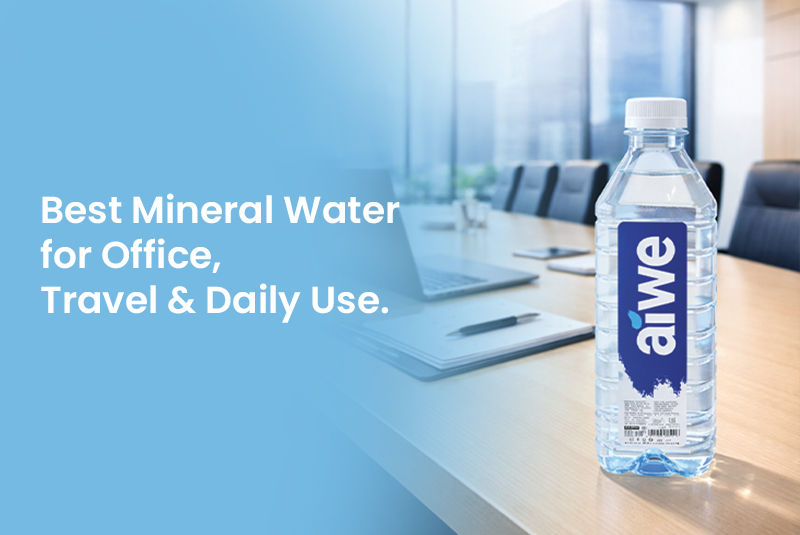The Hidden Benefits of Clean Water: Exposing the Effects on the Environment and Human Health
- Aiwe

- Jan 11, 2025
- 3 min read
Water is essential for life, yet its importance often goes unnoticed. Clean water is vital not only for human health but also for the environment. This post dives into the substantial benefits of pure drinking water, shedding light on its effects on health and environmental sustainability.

The Importance of Clean Drinking Water for Human Health
Access to clean drinking water is a fundamental human right. Contaminated water can lead to serious health issues including gastrointestinal diseases, cholera, and other waterborne illnesses. For example, the World Health Organization (WHO) estimates that unsafe water sources lead to approximately 485,000 deaths each year from diarrhea alone.
When people consume clean water, they've been shown to benefit from improved hydration and digestion. A study found that adequate hydration can boost cognitive performance by 30%. Additionally, proper hydration supports metabolic processes. It significantly reduces health risks linked to dehydration and pollutants, contributing to overall well-being.
Clean water also plays a key role in maintaining healthy skin. Hydrated skin looks more vibrant and youthful. Furthermore, drinking sufficient clean water helps the body efficiently eliminate toxins. This is crucial for vulnerable populations such as children and the elderly, who are more prone to the harmful effects of polluted water.
Environmental Impact of Clean Water
Access to clean drinking water has profound effects on the environment as well. Communities that prioritize clean water tend to adopt better water management practices, which can significantly reduce pollution and protect ecosystems. For instance, a clear lake supports around 40% more fish species than a polluted one, indicating how clean water can maintain biodiversity.
By removing pollutants from water systems, we improve the living conditions for aquatic plants and animals. Healthy water bodies not only support the fish population but also preserve wetlands and contribute to a balanced ecosystem.
Moreover, clean water is essential for sustainable agriculture. Farmers who use clean water for irrigation see improved crop yields. A study showed that clean irrigation water can increase crop productivity by 20% on average, while also reducing harmful runoff into nearby water sources. This commitment to clean drinking water supports responsible land management practices.
The Economic Benefits of Clean Water
Clean drinking water has significant economic implications. Healthier populations typically incur lower healthcare costs related to treatable waterborne diseases. For example, investing $1 in water and sanitation can yield around $4 in economic returns through improved health and productivity.
A reliable clean water supply can boost tourism and agriculture, ultimately strengthening local economies. Communities known for their natural resources and clean water attract visitors and investments. For instance, places like Costa Rica have successfully leveraged clean water to boost ecotourism, further illustrating the economic benefits.
Clean water initiatives also drive innovation in technology and infrastructure, creating jobs. Every step toward ensuring pure water access has far-reaching economic impacts, fostering growth and development.
Clean Water Initiatives Around the World
Globally, many organizations are dedicated to ensuring access to clean drinking water. From local grassroots movements advocating for water filtration systems to international efforts focused on sustainable water management, the push for clean water is gaining traction.
Countries like Singapore have adopted cutting-edge technologies to enhance water management. Their integrated approach to reclaimed water usage has led to a 30% reduction in water usage, setting a standard for others to follow.
Similarly, organizations like Water.org are making strides in developing countries. They empower communities through education and micro-finance initiatives, emphasizing the critical role of sustainable water solutions.
The Role of Individuals in Water Conservation
While national and global efforts are essential, individual actions also make a significant difference in conserving clean water. Simple daily practices can lead to meaningful changes.
For example, installing water-saving fixtures, repairing leaks, and collecting rainwater contribute to sustainable water usage in households. Additionally, spreading awareness about the importance of clean water can generate community action.
Supporting organizations focused on clean water initiatives is another way individuals can make a difference. Advocating for policies that protect water sources enhances water quality and holds leaders accountable.
Securing Our Water Future Together
The significance of clean drinking water is profound. It serves as a cornerstone for human health, environmental sustainability, and economic growth. Ensuring access to pure water is a collective responsibility shared among individuals, communities, and organizations globally.
By recognizing the many benefits of clean water, we can appreciate its crucial role in safeguarding health and protecting the environment. With collaborative efforts at all levels, we can secure a future where clean drinking water is a basic human right, not a luxury.
Taking action—whether through advocacy, simple behavior changes, or supporting broader initiatives—will contribute to the essential goal of preserving our vital water resources. Together, we can ensure that clean water remains abundant for generations to come.



Comments